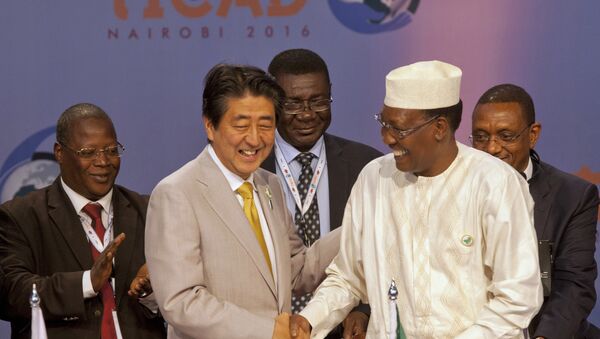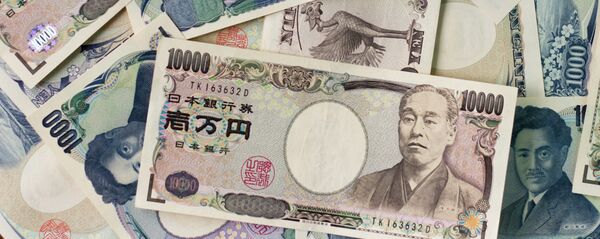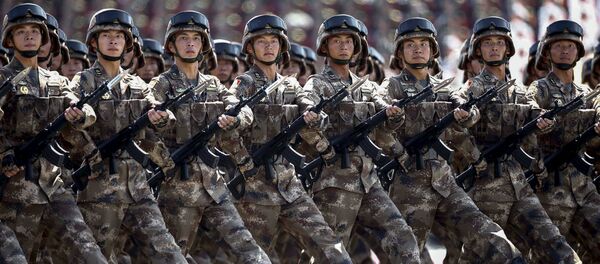The interview came after the Tokyo International Conference on African Development (TICAD) wrapped up in Nairobi, in an event that saw Japanese Prime Minister Shinzo Abe pledging that his country will allocate a whopping 30 billion dollars for the development of African countries in the next three years.
It is worth noting in this regard that exactly one month before the opening of the two-day TICAD gathering on August 27, China conducted a Forum on China-Africa Cooperation (FOCAC), during which the sides signed 61 agreements worth 14.8 billion dollars in the form of direct investments.
China's General Administration of Customs said that over the past 15 years, Beijing has become Africa's main trading partner.
"Resource-hungry China, the world's second-largest economy, recorded total trade with Africa at 179 billion dollars in 2015, dwarfing Japan's 24 billion dollars," according to the newspaper Japanese Times.
However, he remained cautiously optimistic about Tokyo's breakthrough into the African market in the future.
"China is now dealing with major infrastructure, agricultural and financial projects [in Africa], as well as training personnel for African countries. But Japan can seize a spate of opportunities in other sectors, including technology and high-tech agriculture," Maslov said.
In the Nairobi Declaration adopted during the TICAD conference, the sides, in particular, reaffirmed their determination "to urgently reform UN bodies, including the Security Council, and to maintain political momentum through an enhanced dialogue to find the best approach."
Commenting on this, Maslov said that African nations are very unlikely to support Japan's push for UN reforms in the face of China's increasing influence in Africa.
"When the US tried to win the UN's trust, it actively worked with Latin America, trying to draw the majority of regional countries over to its side. Now Japan is repeating this scenario, trying to collaborate with Africa. But China, in my opinion, has already successfully performed in Africa, and most African countries will most likely support China," he said.
As far as Japan is concerned, it is bound to resuscitate its stagnant economy by making hefty investments abroad, a scenario that already saved the Japanese economy in the 1980s and even the 1990s, according to experts.
Separately, the document underscored the importance of "promoting regional and international efforts related to maritime security, including piracy, illegal fishing and other maritime crimes, maintaining a rules-based maritime order in accordance with the principles of international law as reflected in the United Nations Convention on the Law of the Sea."
Africa's population is expected to more than double by 2050, accoridng to the Guardian newspaper.





